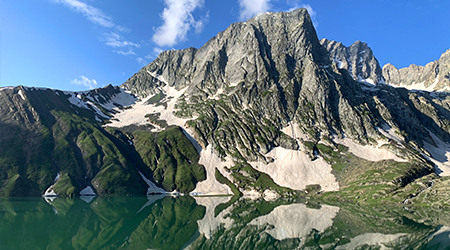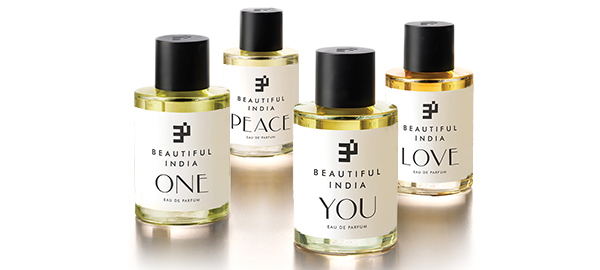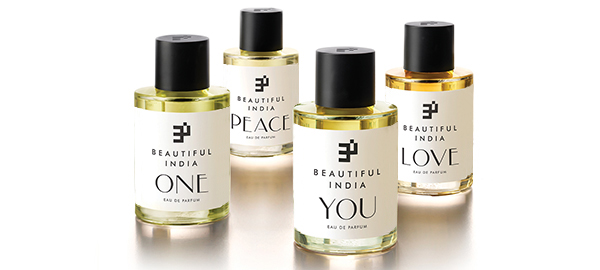LOVE. You don’t fall in it, you rise above.

LOVE. You don’t fall in it, you rise above.
Love is without a doubt the most powerful emotion that a human can feel. We spend lifetimes in the quest for ‘true love’ – love that endures the ups and downs of life. Our search for ‘the one’ takes us across the seas and sometimes across the globe. We look everywhere, trawling even on electronic screens sifting through bios of strangers, hoping to get lucky. Only to discover that the euphoria we feel is short-lived, as love begins to fade.
There’s an interesting myth from ancient India about the origins of love that dates back to the time before Christ. It recounts how at the beginning of time, the universe was complete and perfect. In it lived a superbeing called Purusha, who was so complete that he felt no desire, craving, fear, love or impulse to do anything at all. Everything that contributed to feeling zen already existed within Purusha. It was then that the creator Brahma pulled out his divine sword and split Purusha in two, causing a split in all of creation. The sky got separated from the earth, darkness from light, life from death and male from female. And each one of these elements has since then been on an eternal quest to reunite with its other half.
Love is what we have learned to call the modern union of male with female. We have come to believe that finding a soul mate will erase our problems and sense of unworthiness while fulfilling all our emotional needs. Ancient Indian philosophers disagree and have taken a much more realistic approach in the Vedas, suggesting that love isn’t a one-step journey. It is actually a series of stages that an individual must ascend in order to experience its richest and most profound version. The important thing is to experience, learn and keep climbing the ladder of love and not remain stagnant in any one stage. Stopping midway can lead one to feel dissatisfied and incomplete.
Stage 1. Kama or Physical Attraction- The Kama Sutra was written by ancient philosophers who were chronicling their study of the stages of love. They viewed sex as a joyous aspect of human life, and the first stage of love.
Stage 2. Shringara or Intimacy- This is the romantic stage when intimacy enters the relationship, and the attraction deepens with emotional bonding and play.
Stage 3. Maitri or Compassion- Simple acts of kindness and compassion for anyone we encounter, according to the sages, teaches us to be unconditional with our love. Motherly love is a very powerful force, and it refines our ability to love purely without expectation.
Stage 4. Bhakti or Impersonal Devotion- This stage is about devotion to an ideal like kindness, truth or social justice, the greater good or even a divine power. This is the kind of love that Nelson Mandela, Mahatma Gandhi, and Dalai Lama feel for humanity. It is as passionate and powerful as any romance. This is an elevating love where one discovers Vasudhaiva Kutumbakam, the world is one family.
Stage 5. Atma Prem or Self Love- This highest stage of love is about discovering that everything is interconnected and being able to see ourselves as part of the cosmic whole. We are able to decipher the wisdom in the story of Purusha and see that ultimately it is a union with the self that we are all in pursuit of. What we see in others is a reflection of what lies within. Therefore, learning to love the self as unconditionally as others, is what brings the highest sense of fulfilment. It is the highest stage of love. Interestingly, these stages were not seen as mutually exclusive. Sex or romance need not be renounced to experience higher love. The mind expands automatically as you ascend the stages and is able to experience the lower stages with more depth and a new perspective.
The love ladder is like a blueprint for mindful loving. It guides us outward to a partner, then towards society and the world at large, and finally nudges us gently back to ourself, which by now has expanded to encompass the entire universe. A deep feeling of connectedness with the universal energy is what we seek, every one of us. The myth of Purusha reminds us not to seek it from another, as that love is simply the starting point in the experience of love.
A higher love is profound. It elevates us, makes us bigger than ourselves and capable of impossibly great things. It lives in us as a forgotten truth. That is the love we all unconsciously aspire for and seek, all our lives.

 France (en)
France (en)
 India
India
 Italy
Italy
 Japan
Japan
 United States
United States














